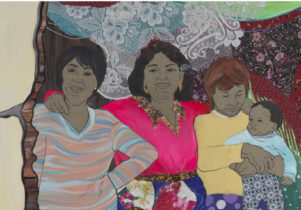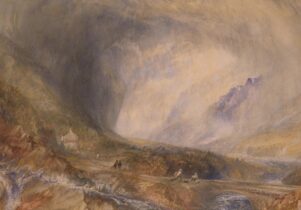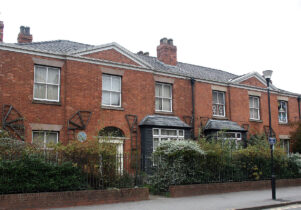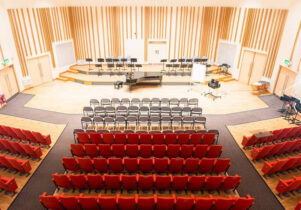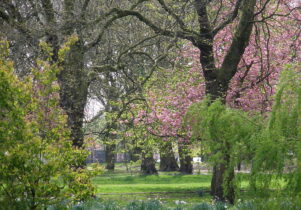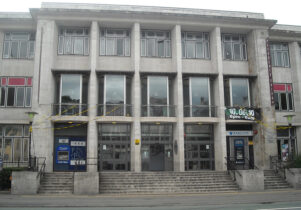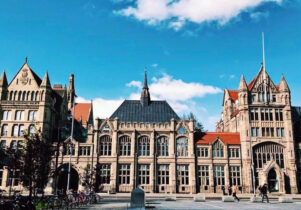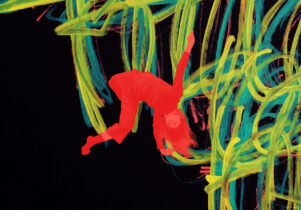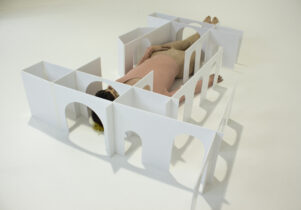Utopias at the Whitworth
Sara Jaspan, Exhibitions EditorVisit now
Utopias
Always double check opening hours with the venue before making a special visit.
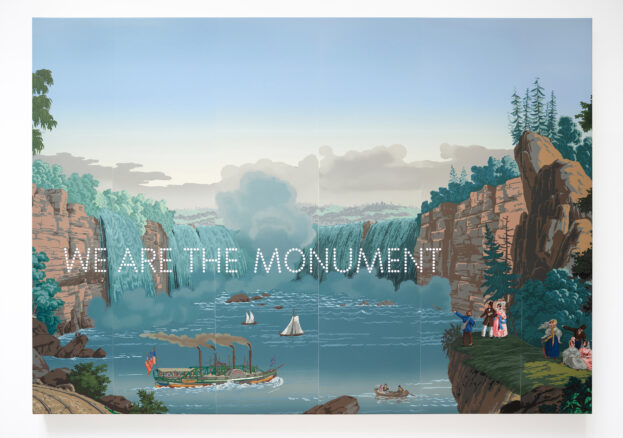
Over the centuries, the concept of utopia has become adopted into collective thinking as an ideal place or state in which everything is perfect. But the ancient Greek etymology of the term, first coined by the Renaissance philosopher and English saint, Sir Thomas More, in his seminal book Utopia (1516), literally translates as ‘no-place’ – a non-existent society described in considerable detail. Though the two meanings are distinct, they are also synonymous, in a sense, as no place can truly be perfect. The other interesting thing about utopia is that the visions we form of it speak as much about our attitudes towards the present – the ills we would fix – than the future direction in which we want society to evolve. Just as nostalgia is based upon an idealised version of the past, defined by what we feel our current experience lacks.
A new exhibition at the Whitworth examines the alternate visions of utopia and forms of nostalgia that lay at the heart of both the Leave and Remain campaign during the EU referendum, and which continue to drive the debate today, through the visual culture that has helped perpetuate these fantasies. Utopias will feature work by a range of important contemporary and historic artists, including Jenny Holzer, William Hogarth, Grayson Perry, Eduardo Luigi Paolozzi, JMW Turner and others, asking how artists have combined myth and memory to create and confront singular accounts of how we have and should live.
An original, first edition copy of Moore’s Utopia on loan from John Rylands Library Collection will sit at the heart of the display, serving as the primary point of reference. Alongside this, two artists in residence aged between 18 and 24 will create an intervention and accompanying programme of events exploring ways of engaging young constituents with current politics and generating fresh debate about what our concept of utopia might look like today. The overall result should provide a fascinating insight into the divergent forces that have helped Britain to arrive at the place it is in today and raise interesting questions around how we should move forwards.
